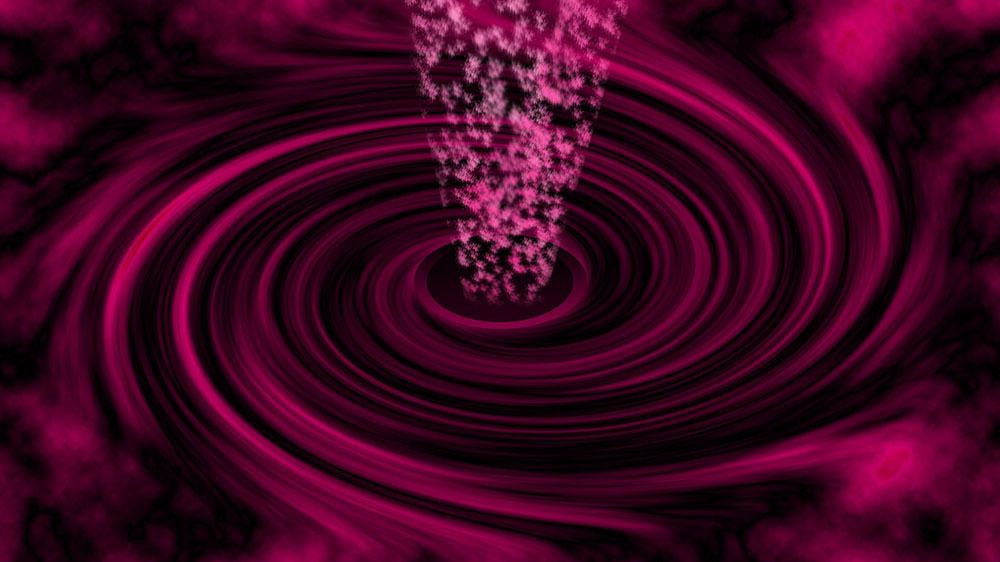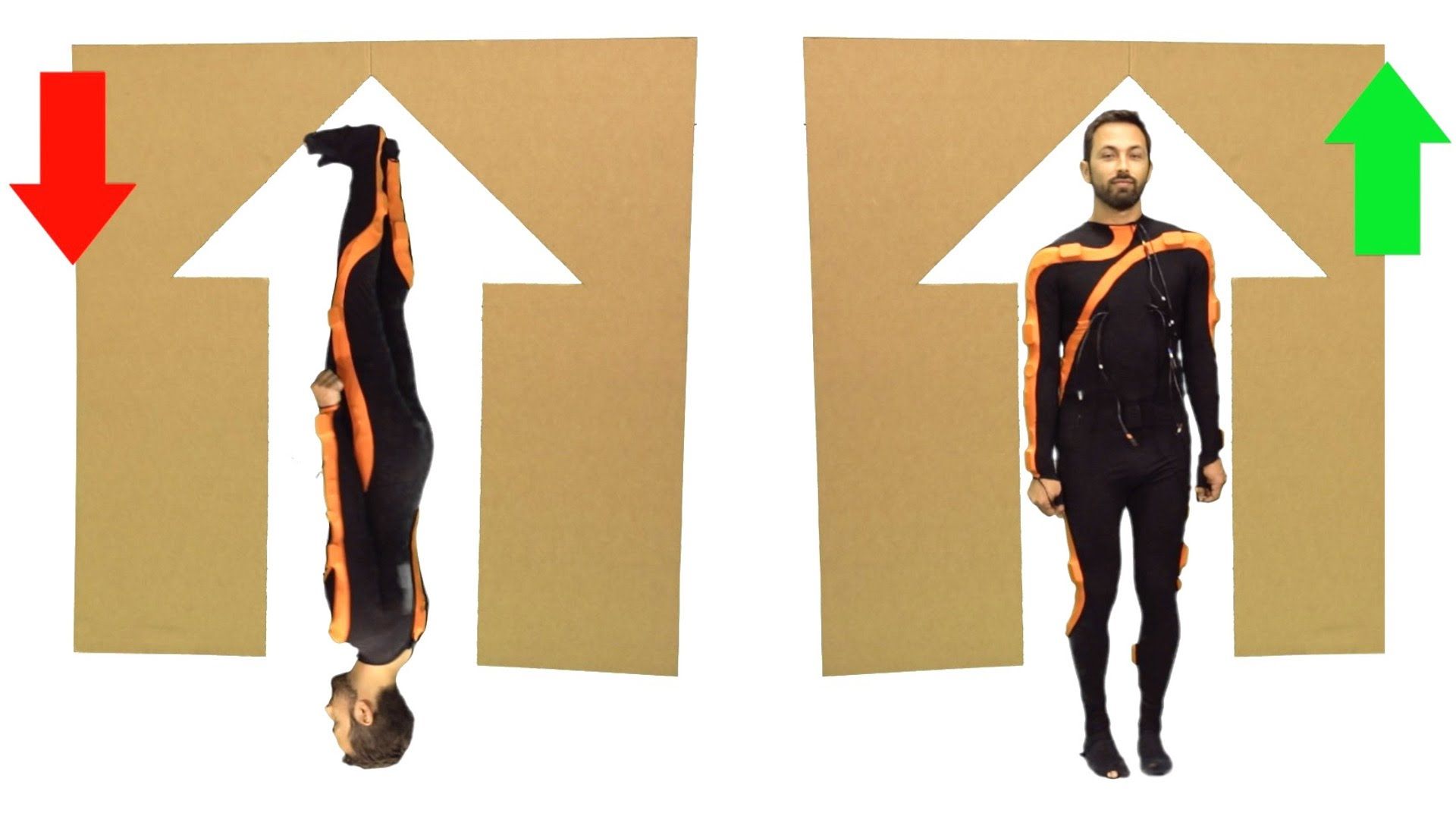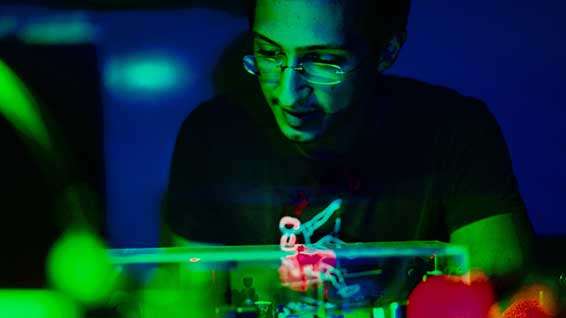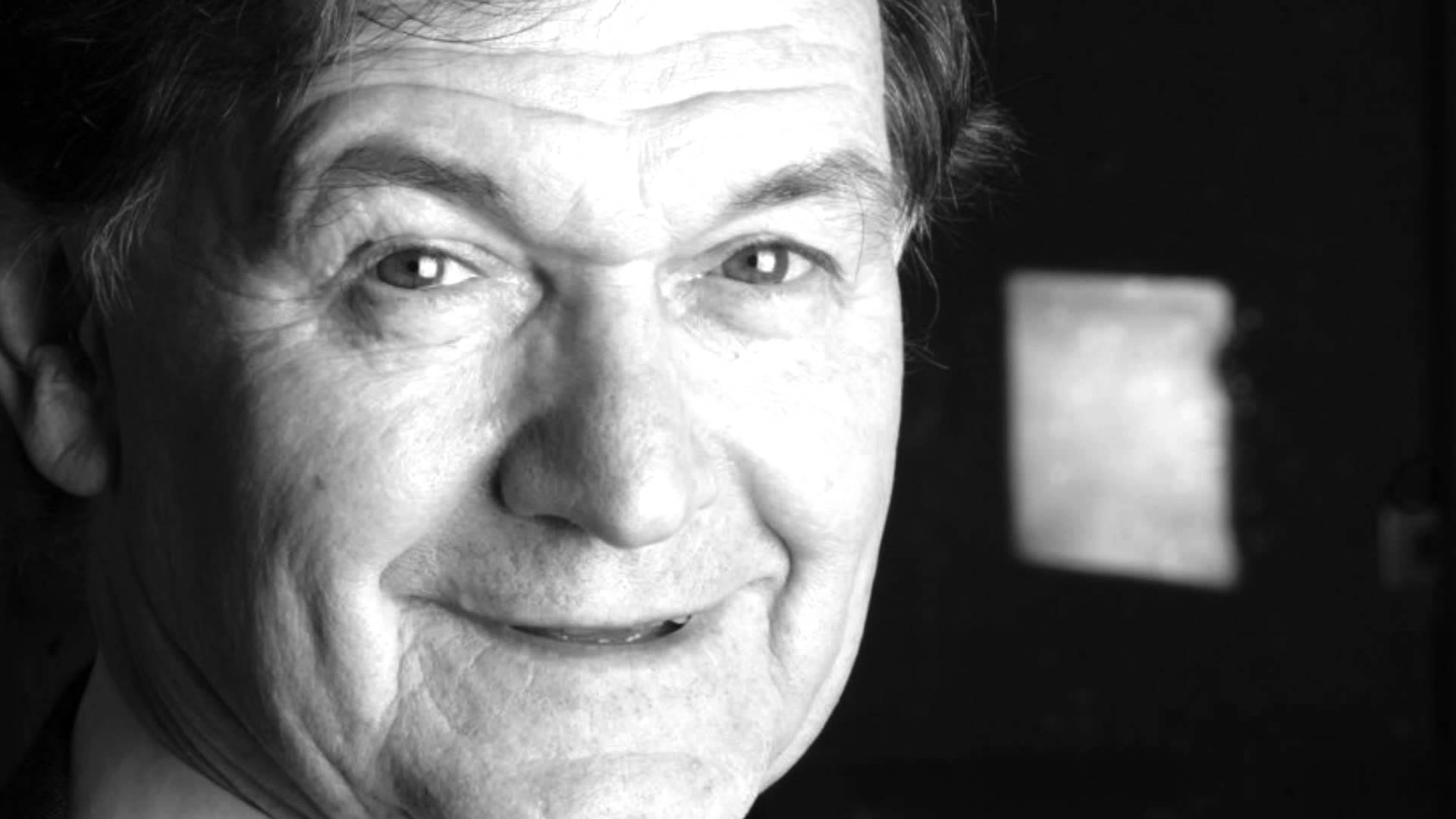Aug 30, 2016
Black Holes are likely sending quantum messages in the universe
Posted by Andreas Matt in categories: cosmology, quantum physics
Spinning black holes are capable of complex quantum information processes encoded in the X-ray photons emitted by the accretion disk.
The black holes sparked the public imagination for almost 100 years now. Their debated presence in the universe has been proven without a doubt by detecting the X-ray radiation coming from the center of the galaxies, a feature of massive black holes. Black holes emit X-ray radiation, light with high energy, due to the extreme gravity in their vicinity. The vast majority if not all of the known black holes were unveiled by detecting the X-ray radiation emitted by the stellar material accreting around black holes.
X-ray photons emitted near rotating black holes not only exposed the existence of these phantom-like astrophysical bodies, but also seem to carry hidden quantum messages.
Continue reading “Black Holes are likely sending quantum messages in the universe” »
















